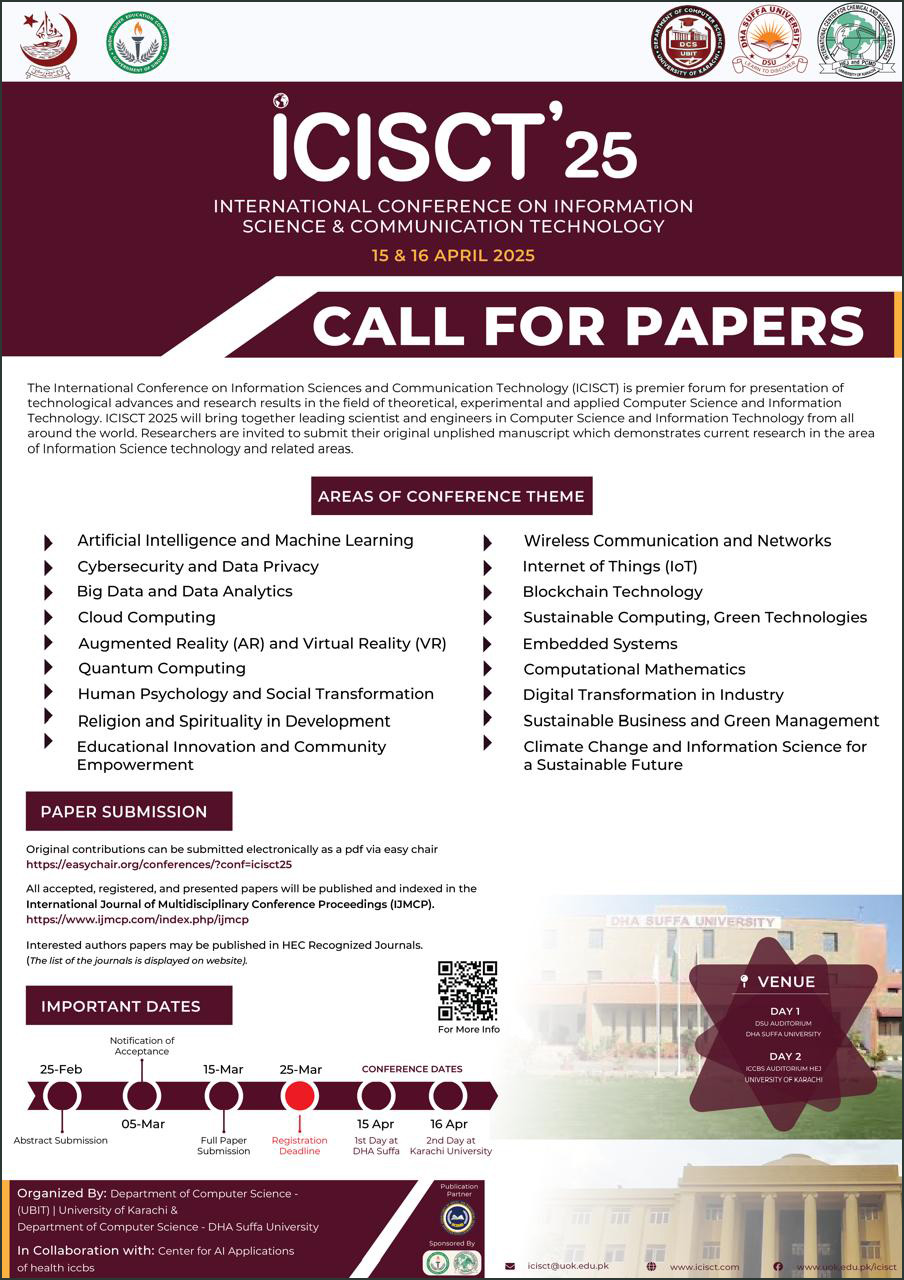Climate Anxiety as a Predictor of Sustainable Lifestyle Choices Among Educated Youth
Keywords:
Climate Anxiety, Sustainable Lifestyle, Educated Youth, Environmental Behaviors, Climate Change.Abstract
This study examines the relationship between climate anxiety and sustainable lifestyle choices among 120 respondents at the University of Sargodha. Using a quantitative research design, data were collected through a structured questionnaire, with participants selected using simple random sampling. The sample consisted of 44.2% Males and 55.8% Females. The Pearson correlation analysis reveals a significant and strong positive correlation between Climate Anxiety and Sustainable Lifestyle Choices (r= 0.984, p=<0.05). This suggests a strong relationship between these two variables. The Sig value of 0.00 indicates statistical significance. These results underscore the potential of climate anxiety to drive pro-environmental actions and highlight the importance of addressing this psychological response in efforts to promote sustainability. The study advocates for the integration of climate change education and mental health support into university curricula to help students transform anxiety into positive action. It also suggests that policymakers consider climate anxiety as part of public health strategies to foster a sustainable future.





